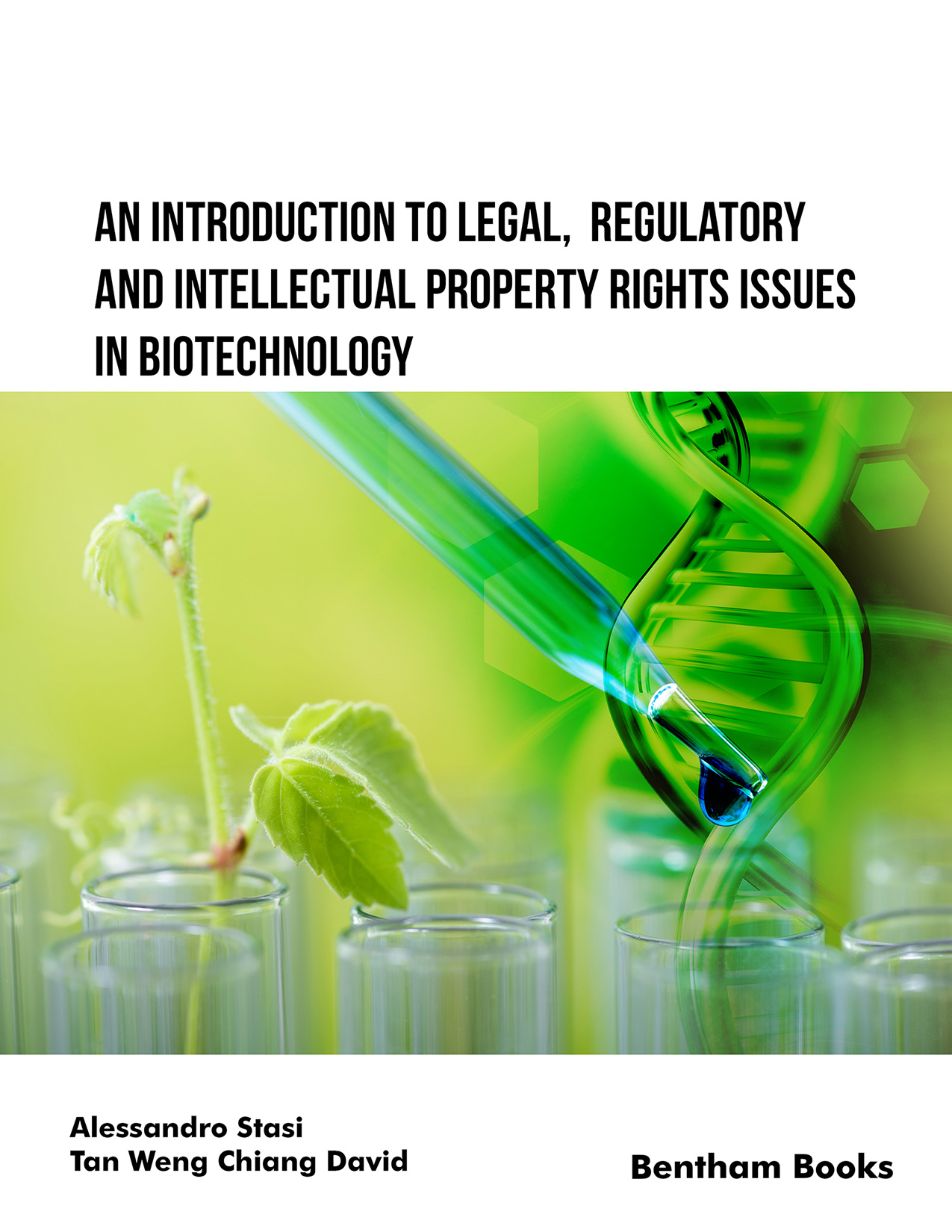Introduction
Biotechnology, a branch of science and a fast-growing source of developing technologies, has shown immense potential for its utility across all the dimensions of our lives. Its applications range from drugs and therapeutics, industrial, household applications, biofuels, and information technology to almost all resource-based sectors, such as manufacturing, aquaculture, agriculture, and forestry. Biotechnology offers outstanding potential to meet the growing demand for food and energy production in a sustainable way. Recognizing its economic and strategic value, countries have implemented several measures to generate a homegrown biotechnology sector and help science-based companies develop.
This book covers some of the most important legal issues arising in relation to biotechnology. Topics covered in chapters include 1) the historical development of a legal framework sufficient to protect public safety, 2) the current biotechnology regulatory system and the rules directing the primary agencies that regulate the products of biotechnology (namely the FDA, USDA and EPA), 3) the regulation of human genome editing and its impact on health research, 4) law and emerging genome editing technologies from recombinant DNA technology to CRISPR/Cas9 editing, 5) the development of legal principles to protect property rights in the human body and allow the efficient use of human tissue, organs, DNA, and cell-lines in medical research, and 6) legal issues arising from the use of genetic engineered plants and animals. The authors have ensured that the contents are easy to understand, making this an accessible reference for a broad range of readers.
This book, therefore, serves as a quick summary of the prominent legal and regulatory issues in the biotech industry for professionals, as well as scholars in legal study programs.
Audience
Professionals in the biotech industry; legal studies students.

